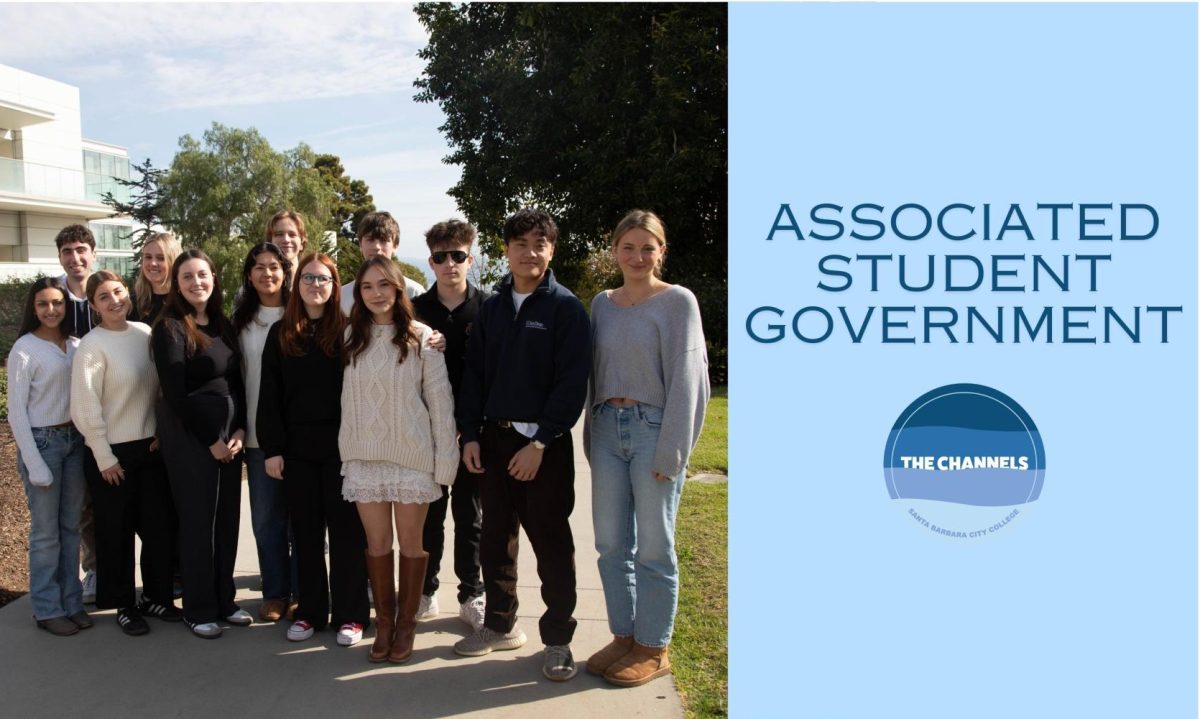With student loan debt on the rise in America, more students are looking to transfer to international universities where tuition is cheap or even free.
In 2015, the average American student’s debt reached $35,051, just as Germany abolished tuition throughout the country.
Environmental studies major Raphael Teffene had first-hand experience, having attended City College for two years before returning to Germany to study at University of Augsburg.
“The environment to study in Germany is just way better,” Teffene said. “It’s a new country, different lifestyle, [students] can learn so much of the culture.”

Former Santa Barbara City College student Raphael Teffene (not shown) in a ‘Statik’ class at the University of Augsburg, Germany, where tuition is free throughout the country. Sweden, Finland and Norway also offer free education and others such as France and Brazil offer extremely cheap tuition fees.
Teffene said he feels the education provided is better or equal to most American universities, but it depends on what each individual wants to study.
Currently, there are 177 degrees offered entirely in English at German universities, in majors such as American studies, literature and culture studies, international business, engineering, economics and business psychology.
“School not being free, just raising the prices, means that a lot of people are going to be left behind,” said City College student Asiel Al-Aas. “I think all these countries are on the right path and we’re just missing it.”
Al-Aas hopes to attend UCLA, but said that had her situation been different she would’ve considered attending a German university.
Sweden, Finland and Norway also offer free education, and others such as France and Brazil offer extremely cheap tuition fees.
Al-Aas said that the American system has a lot to learn from these other countries.
“Nowadays you have to be wealthy to go to school,” Al-Aas said. “What everyone tells me is that politicians don’t care about students because we don’t vote.”
German universities not only offer free tuition but a quality education, with Ludwig Maximilian University of Munich ranked at number 29 in Time Magazine’s 2014-2015 World University Rankings.
The university places after University of California, Berkeley at number 8 and UCLA at 12, but above UCSB at 37 and New York University at 38.
Also high in the ratings are the University of Göttingen at 67 and Heidelberg University at 70.
Students are clearly seeing these advantages, with 4,298 Americans pursuing education in Germany in 2015, according to Katrin Kempiners, information officer at the German Academic Exchange Service.
This is a 2 percent increase from 2014 and a significant increase over the last five years, as only 3,080 Americans studied in the country in 2009.
For those considering attending university in Germany, there are plenty of resources available regarding entry tests, and finding the right university and major program through organizations such as Uni-Assist, the university application service for international students.










